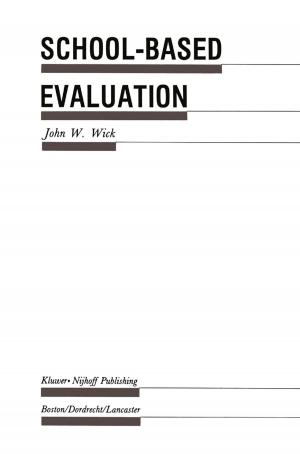Forms, Matter and Mind
Three Strands in Plato’s Metaphysics
Nonfiction, Religion & Spirituality, Philosophy, Metaphysics, Ancient| Author: | E. N. Ostenfeld | ISBN: | 9789400976818 |
| Publisher: | Springer Netherlands | Publication: | December 6, 2012 |
| Imprint: | Springer | Language: | English |
| Author: | E. N. Ostenfeld |
| ISBN: | 9789400976818 |
| Publisher: | Springer Netherlands |
| Publication: | December 6, 2012 |
| Imprint: | Springer |
| Language: | English |
The present work is an attempt to analyse critically Plato's views on mind and body and more particularly on the mind-body relationship within the wider setting of Plato's metaphysics. We seek to achieve this by a philosophical examination"-of the dialogues on the basis of a generally accepted order (some revision of this order is a by-product of our examination). Strictly speaking "soul" ought perhaps to be substituted for "mind" in the above. But it seems to be in terms of "mind" that modern philosophers deal with and refer to the problem that Plato tackled (mainly) in terms of psyche, and as it is part of the motivation for dealing with Plato's treatment that it is of importance for the modern debate, it has been felt necessary to stress the rough identity* of the problem in the title of the book (and in the Introduction, in the title of Part Three and a few other places). Below this superordinate level we try to keep "mind" as a translation typically of nous and "soul" as a translation of psyche.
The present work is an attempt to analyse critically Plato's views on mind and body and more particularly on the mind-body relationship within the wider setting of Plato's metaphysics. We seek to achieve this by a philosophical examination"-of the dialogues on the basis of a generally accepted order (some revision of this order is a by-product of our examination). Strictly speaking "soul" ought perhaps to be substituted for "mind" in the above. But it seems to be in terms of "mind" that modern philosophers deal with and refer to the problem that Plato tackled (mainly) in terms of psyche, and as it is part of the motivation for dealing with Plato's treatment that it is of importance for the modern debate, it has been felt necessary to stress the rough identity* of the problem in the title of the book (and in the Introduction, in the title of Part Three and a few other places). Below this superordinate level we try to keep "mind" as a translation typically of nous and "soul" as a translation of psyche.















